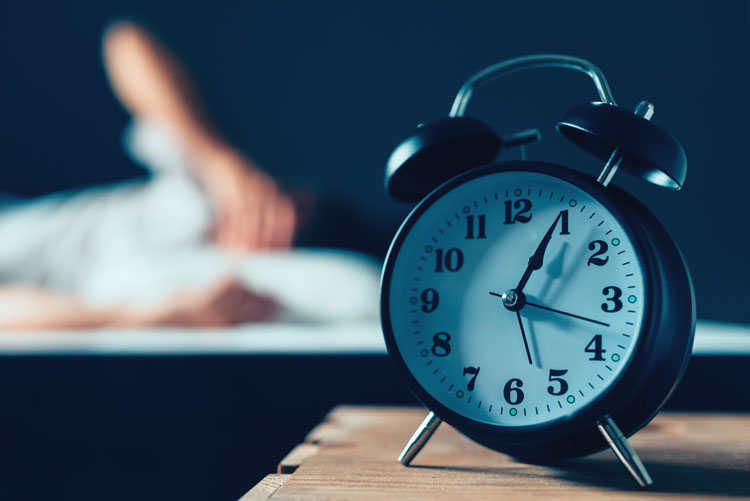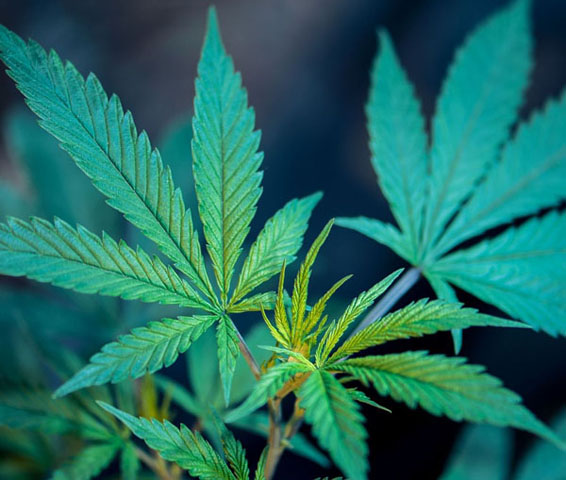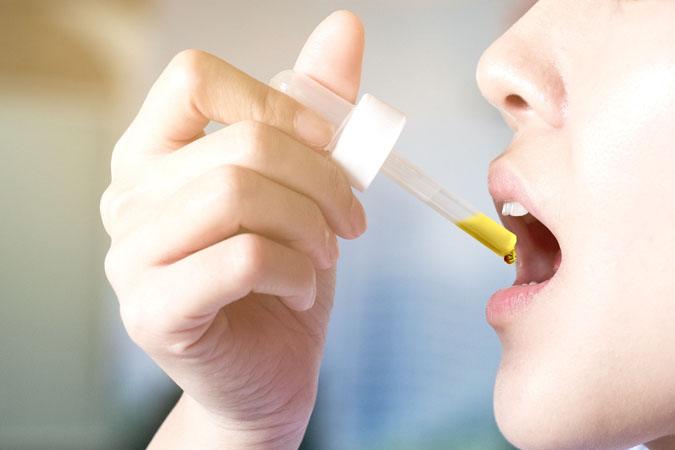Have a question? 06 70 73 89 02
🔞 Not for sale to under 18s
🔥 For a CHILL SUMMER: EVERYTHING is on special 🔥
Have a question? 06 70 73 89 02

Insomnia, night-time awakenings, chronic fatigue... These sleep disorders have a direct impact on concentration, mood and quality of life. Faced with the side effects of sleeping pills, CBD (cannabidiol) offers a natural alternative.
In this article, find out how CBD affects sleep and what the scientific studies say about it!
Insomnia manifests itself as a decrease in sleep quality and quantity, due to insufficiently recuperative sleep. [1]
Insomnia affects 15-20% of the French population, half of whom suffer from a severe form[2], and becomes more pronounced with age.
Insomnia can be transient when it occurs episodically once or twice a night, or chronic when it occurs more than 3 times a week for at least three months.
Insomnia is said to be primary when its main cause is stress, jet lag or anxiety. Secondary insomnia is caused by psychiatric or medical conditions, or by drugs or other substances that can disrupt sleep.
Medical pathologies include osteoarthritis, arthritis, fibromyalgia and, more generally, inflammatory pain. Inflammatory pain is generally worse in the second half of the night, due to the non-continuous rhythm of cortisol production by the adrenal glands, which is responsible for inhibiting the secretion of prostaglandins that play a major role in the inflammatory process[3].
The consequences of insomnia, particularly when it becomes chronic, are drowsiness, irritability, difficulty concentrating, risk of depression and a risk of road accidents. In this sense, insomnia represents a danger and a considerable handicap[4].

Cannabidiol (CBD) is a molecule derived from the hemp plant (cannabis sativa L.) and, unlike THC, has no psychotropic effects.
In the case of insomnia, and unlike traditional drugs, CBD does not act as a direct sedative. As a cannabinoid, it stimulates the CB1 and CB2 endocannabinoid receptors present in both the brain and many parts of the body, which act on numerous biological functions, such as weight regulation and the sleep-wake cycle.
Several scientific studies have examined the impact of CBD on insomnia. One from 2012[5] shows that CBD reduces anxiety and thus anxiety-induced non-paradoxical and REM physiological sleep. These sleep states are not recuperative and are at the root of insomnia.
Via melatonin (commonly known as the sleep hormone), a hormone produced by the pineal gland, CBD will promote more structured sleep and reduce the time it takes to fall asleep and nocturnal awakenings[6].
Other studies have demonstrated the calming and anti-inflammatory role of CBD[7] in the course of various research projects, notably in relation to Lyme disease. CB1 and CB2 receptors also regulate the immune system and anti-inflammatory response mechanisms, mainly triggered by the activation of T cells (which play a role in the immune response). CBD interacts directly with these receptors, regulating the inflammatory cycle by activating microglia. As everything is linked, an inflammation-free body will also be less prone to stress, and muscular and psychic relaxation will follow[8].
Finally, an American study carried out on a 10-year-old girl suffering from post-traumatic stress disorder following an accident[9], who took CBD oil to restore her sleep equilibrium, is also conclusive as to the efficacy of this molecule: a gradual improvement in her sleep and a reduction in her anxiety over the weeks were noted.
Insomnia is more than just difficulty falling asleep. It is often accompanied by underlying disorders that impact on sleep quality and overall well-being. Several studies suggest that CBD could have a beneficial effect on these disorders, helping to restore more restful sleep.
What's more, CBD's effectiveness can be enhanced by relaxing practices such as yoga and meditation, which help calm the mind and promote natural sleep.
Here are the highlights:
CBD can therefore greatly improve the lives of people prone to insomnia, but its effects are not limited to these benefits alone: many other amazing properties of CBD deserve to be explored for a holistic approach to well-being!

For better sleep, one of the most effective ways to take CBD is to consume it in oil form. By placing a few drops directly under the tongue, CBD assimilation is both rapid (30 minutes) and highly effective.
CBD dosage varies from one individual to another, so it's advisable to test the dosage by gradually increasing the number of drops until the desired effect is achieved.